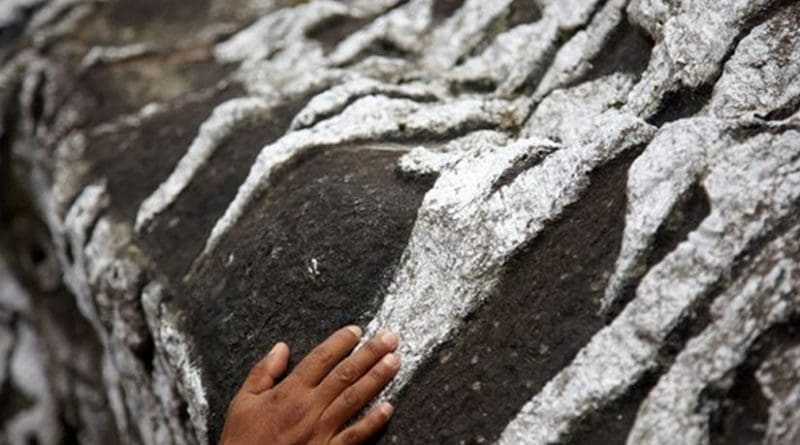Nepal: Madhesi Groups Agree To Participate In Local Elections – Analysis
By SAAG
By Dr. S. Chandrasekharan
The Sanhgiya Gathabandhan that includes the Sanghiya Samajwadi Forum, the newly formed Rashtriya Janata Party as well as a few other parties of Janajathis, finally agreed to withdraw the proposed agitation and participate in the local body elections scheduled for 14th May this year.
This decision was taken after over five hours of discussions with the Prime Minister Dahal at his residence on 20th April. Briefly the decisions taken (later approved by the Cabinet) were:
- Increase in the number of electoral constituencies and the local federal units on the basis of population
- A high powered Federal Commission will be formed to settle the provincial boundaries.
- Recommendations of the language Commission would be listed in the schedule to the Constitution.
- Citizenship provisions in the present Constitution will be replaced with a fresh proposal
While the first one on the electoral constituencies had already been agreed upon, the formation of a federal commission and listing of the recommendations of the language commission in the schedule of the constitution are new ones, now agreed to by the government. There is also an undertaking that the citizenship provisions in the constitution that would affect mainly the Madhesis will be replaced with a fresh one and hopefully a non-discriminatory one!
The PM is said to have agreed to have the constitutional amendments on a fast track and for this the support of the UML will be necessary. Though it is still not clear, it looks that the UML will also be on board as their main demand for going ahead with the local elections has been conceded.
The Madhesi groups have agreed to participate in the local body elections besides calling off the proposed agitation for constitutional amendments. The local body elections are scheduled to take place in two phases- the first to be held on May 14 and the second on June 14. It is also learnt that while provinces 3,4 and 6 will have the local elections in the first phase, others- provinces 1,2,5 and 7 will have the elections on June 14.
There appears to be an understanding that the second phase of the local elections will be overseen by a government led by the Nepali Congress.
While the Madhesi groups should be congratulated for withdrawing the proposed senseless agitation, Prime Minister Dahal should be given all the credit for finally making the local elections an all-inclusive one and to be held on the desired date. He had displayed extreme patience and hopefully in getting the UML also to agree to meet some of the major demands of the Madhesi groups.
Two days prior to the meeting at the PM’s place another important event that will have far reaching consequences took place. Six constituents of the UDMF (Terai Groups) formed a new political party called Rashtriya Janata Party with a new symbol (umbrella).
The six constituents were:
- The Terai Madhes Democratic Party led by veteran leader Mahant Thakur
- The Sadhbhavana Party led by Rajendra Mahatao
- The Terai Madhes Sadhbhavana Party led by Mahendra Ray Yadav
- The National Madhes Socialist Party led by Sharat Singh Bhandari
- The Madhesi Janaadhikar Forum of Raj Kishor Yadav
- The Sadbhavana Party of another faction led by Anil Kumar Jha.
The parties have agreed to participate in the elections as one entity. Mahant Thakur of the TMDP declared the unity meeting as a “historic” moment. It was truly a historic decision even if it is carried through only to the elections at the national level.
The odd party out of this group is the Federal Socialist Forum of Upendra Yadav who perhaps has ambitions to have a pan Nepal Group in alliance with the Naya Sakthi of Dr. Baburam Bhattarai.
These developments are good not only for the Madhesi groups but are in the long term interests of Nepal. We had in this forum time and again urged the Terai groups to give up the agitation, accept representation in electoral constituencies according to population and leave it to a high-powered commission to look into the provincial boundaries. Cancellation of the agitation should be welcomed by all. It is also good to see the Terai leaders who have suffered more by their disunity have realised the need to get together and go for the three tiered elections as one entity.

